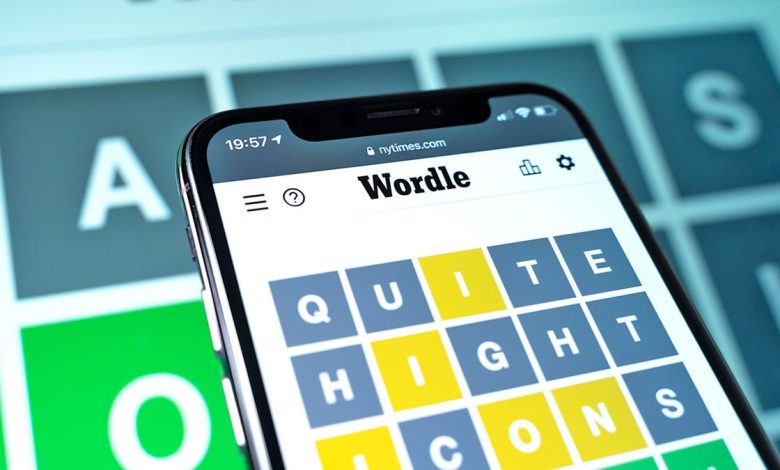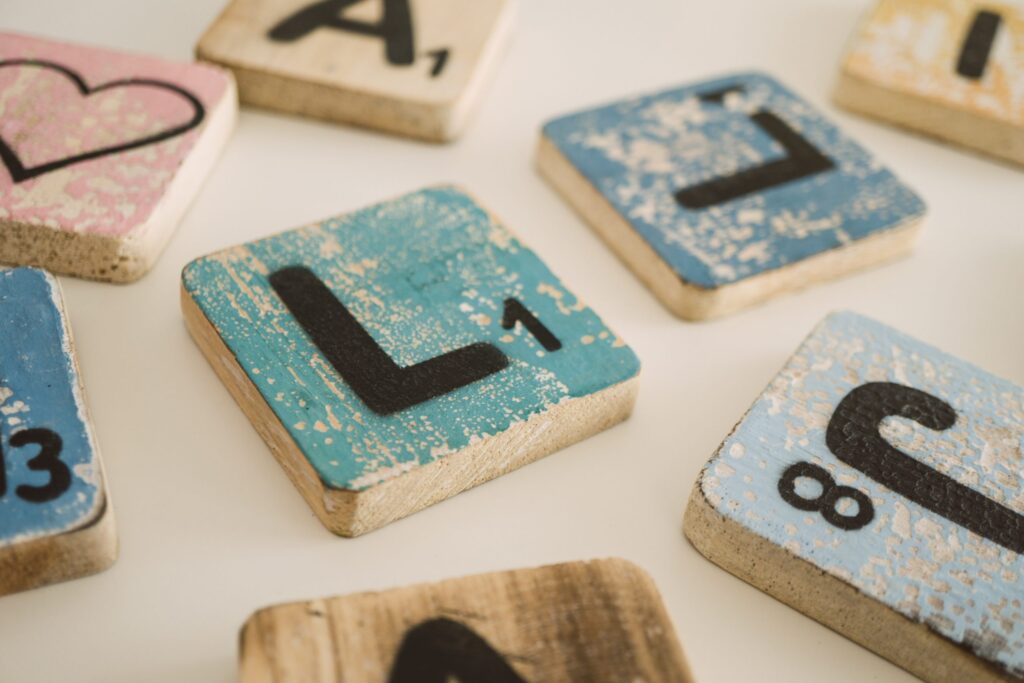Try Hard Wordle” seems like a challenging version of the popular game Wordle! In this version, perhaps the words are longer, or there are fewer guesses allowed, or maybe there are additional rules or constraints to make it more difficult. Would you like to try playing a round of it, or do you have specific rules in mind for this version?
What is the hardest game like Wordle?
There are several variations of Wordle that can be considered more challenging than the original game. Here are a few examples:
- Wordle Hard Mode: This could involve increasing the number of letters in the hidden word (e.g., 6 or 7 letters instead of 5), thereby making it harder to guess within the limited number of tries.
- Wordle Expert Mode: In this version, the hidden word might be a less common or more obscure word, making it harder to guess based on common letter patterns.
- Wordle No Repeats: In this variant, each letter can only be used once in the guessed word, which adds an additional layer of complexity to the guessing process.
- Wordle Speed Challenge: Players might have a shorter time limit to guess the word, adding pressure and making it more difficult to carefully consider each guess.
- Wordle Cryptic Mode: This could involve clues or hints related to the hidden word’s meaning or context, requiring players to think more creatively or analytically to decipher the correct word.
These variations and others like them can ramp up the difficulty of Wordle and provide more challenging gameplay for those who enjoy puzzles and word games.
How Do Wordle Solvers Work?
Wordle solvers work by employing algorithms that systematically narrow down the possible words that match both the guessed letters and their positions in the hidden word. Here’s a simplified explanation of how they typically work:
- Word Database: The solver typically uses a large database of words, often filtered to include common words of a specific length (e.g., 5-letter words for standard Wordle).
- Initial Guess: The solver starts with a list of all possible words that fit the length requirement (e.g., 5 letters) and are commonly used.
- Processing Guesses: After each guess, based on the feedback (correct letters in correct positions, correct letters in wrong positions, or incorrect letters), the solver refines its list of possible words.
- Elimination Process: The solver eliminates words from its list that do not match the feedback received from previous guesses. For example:
- If a guess has no letters in common with the hidden word, those words are eliminated.
- If a guess has letters in the correct positions, the solver focuses on words that share those letters in those positions.
- Iterative Refinement: The process repeats with each subsequent guess, narrowing down the list of possible words until the correct word is identified.
- Algorithm Variants: Different solvers may use variations of algorithms such as heuristic approaches (guessing based on statistical likelihood of letters appearing in certain positions) or more complex strategies to optimize the guessing process.
Overall, Wordle solvers use systematic elimination and pattern recognition to find the hidden word efficiently within the game’s constraints. These algorithms can vary in complexity and effectiveness, but they all aim to simulate the logical deduction and pattern recognition skills used by human players.
Benefits of Using a Wordle Solver
Popular Wordle Solvers
As of my last update, there are several popular Wordle solvers available online that players use to assist in solving Wordle puzzles. Here are a few examples:
- Wordle Solver by Power Language Tools: This solver is straightforward and allows users to input their guesses and receive feedback on potential matches based on common English words of the appropriate length.
- WordleBot: WordleBot is another commonly used solver that provides step-by-step suggestions based on the letters guessed and their positions relative to the hidden word.
- Wordle Solver by Brett Koonce: This solver provides a clean interface where users can enter their guesses and receive feedback, helping them to narrow down potential solutions efficiently.
- Wordle Solver by Joshua Green: Known for its simplicity and effectiveness, this solver helps users navigate through the process of eliminating potential words based on feedback from their guesses.
- Wordle Genius: This solver is popular for its intuitive design and quick response time, making it easy for players to input their guesses and receive feedback in real-time.
These solvers vary slightly in terms of user interface and additional features, but they all aim to assist players in deducing the hidden word in Wordle efficiently. Keep in mind that the popularity and availability of Wordle solvers may change over time, so it’s always a good idea to check for the latest options if you’re interested in using one.
Is there a hard mode for Wordle?
Wordle itself doesn’t officially offer a hard mode, but players have devised variations or self-imposed rules to increase the game’s difficulty. Here are a few ways you can make Wordle harder:
- Increase Word Length: Instead of the standard 5-letter word, you can play with longer words, such as 6 or 7 letters. This increases the number of possible words and makes it harder to guess within the limited number of attempts.
- Limit Guesses: You can restrict the number of guesses allowed to solve the word, making each guess more crucial and increasing the challenge of deducing the word within fewer attempts.
- Obscure Words: Instead of common words, use less common or more obscure words as the hidden word. This requires a broader vocabulary or more creative thinking to guess correctly.
- No Vowels: Try playing Wordle where the hidden word doesn’t contain any vowels, or only certain vowels are allowed. This adds a layer of complexity since vowels are typically more frequent in English words.
- Shorter Time Limit: Set a shorter time limit for each guess, forcing players to think and act quickly, which can increase the pressure and difficulty of the game.
- No Repeats: In this variant, each letter in the guessed word can only appear once, eliminating repeated letters. This constraint makes guessing more challenging as you have to consider unique letters in each position.
These variations can significantly ramp up the difficulty of Wordle and provide a new challenge for players who enjoy testing their word-guessing skills. Whether you play these modes solo or with friends, they can add variety and excitement to the game beyond its standard format.

